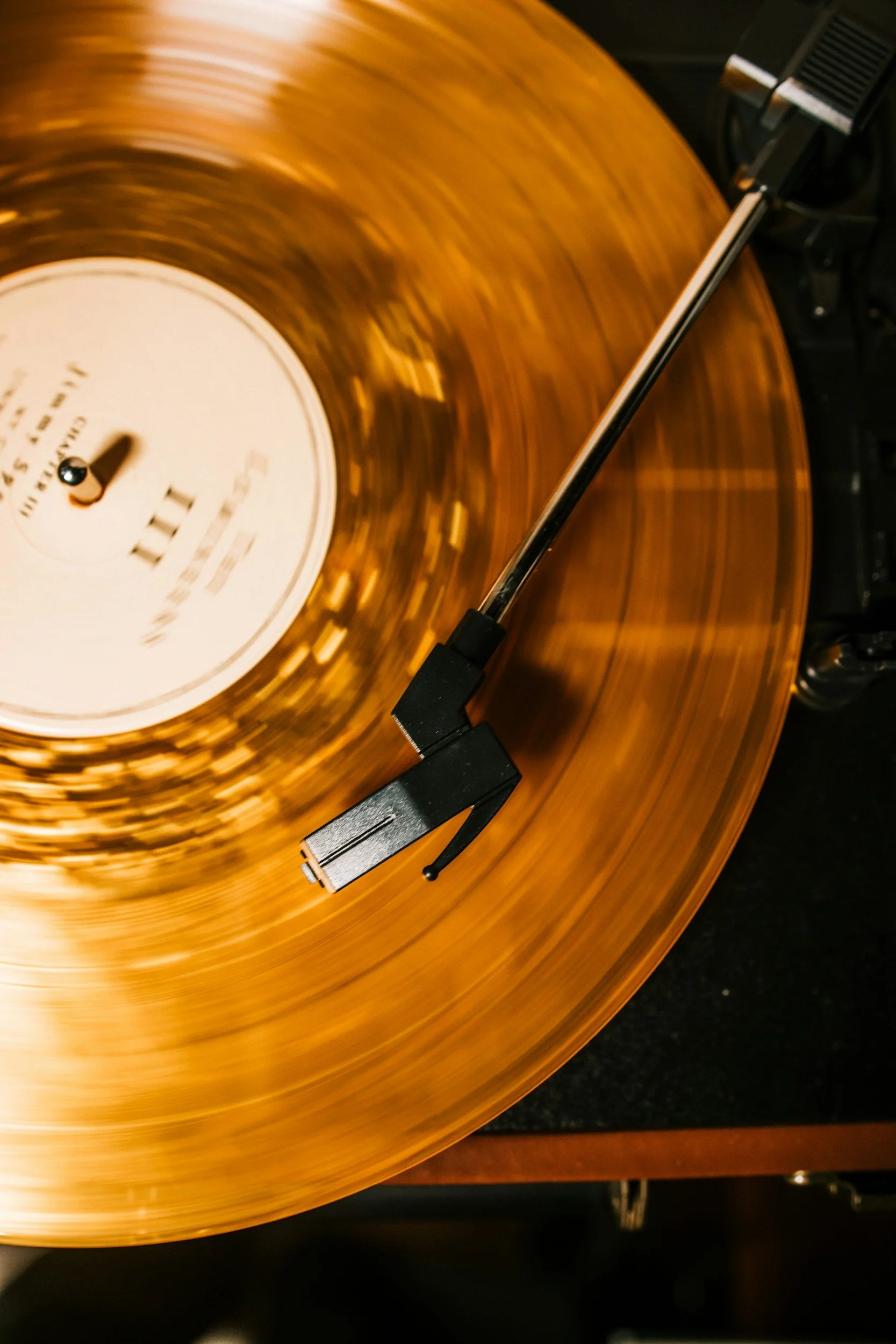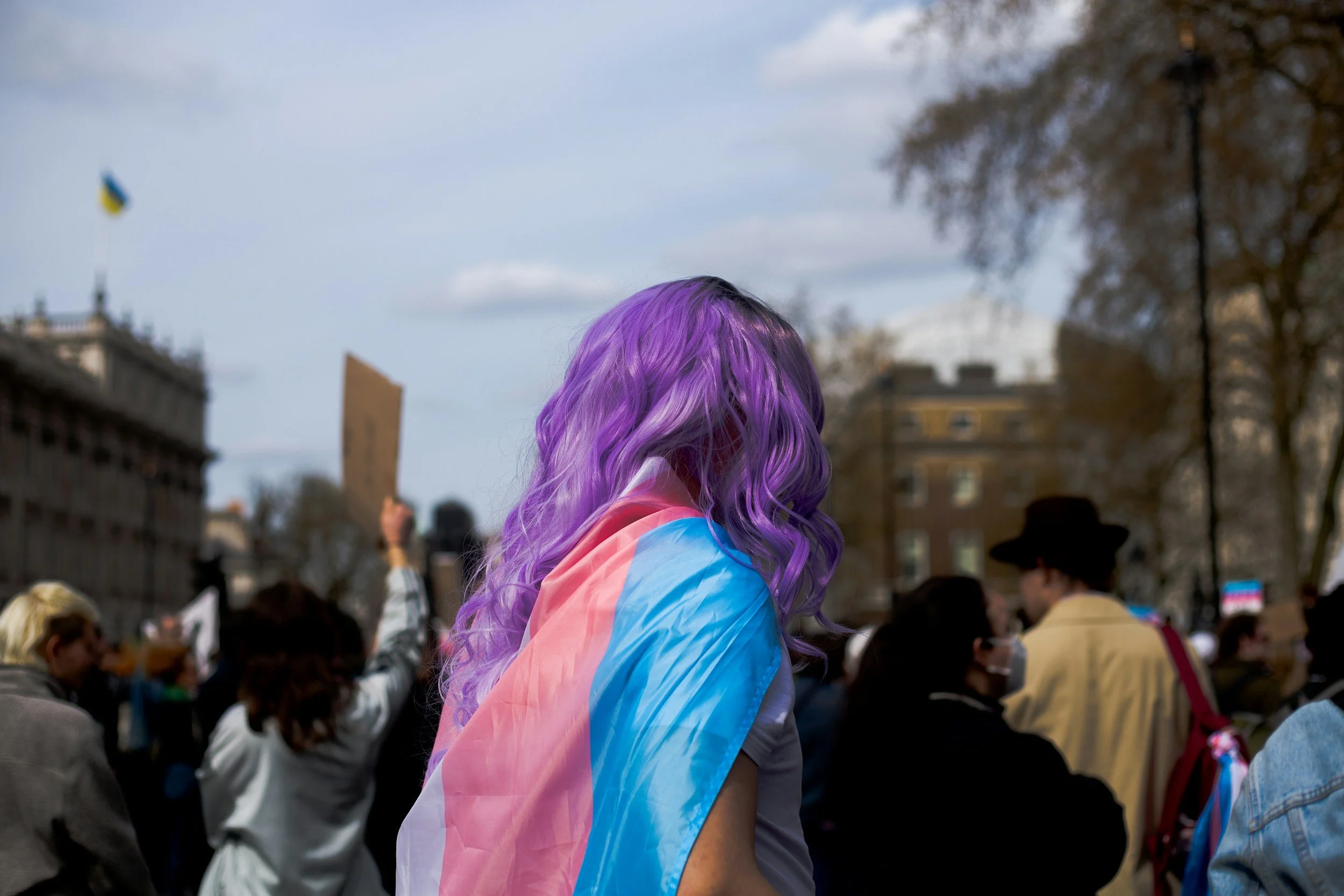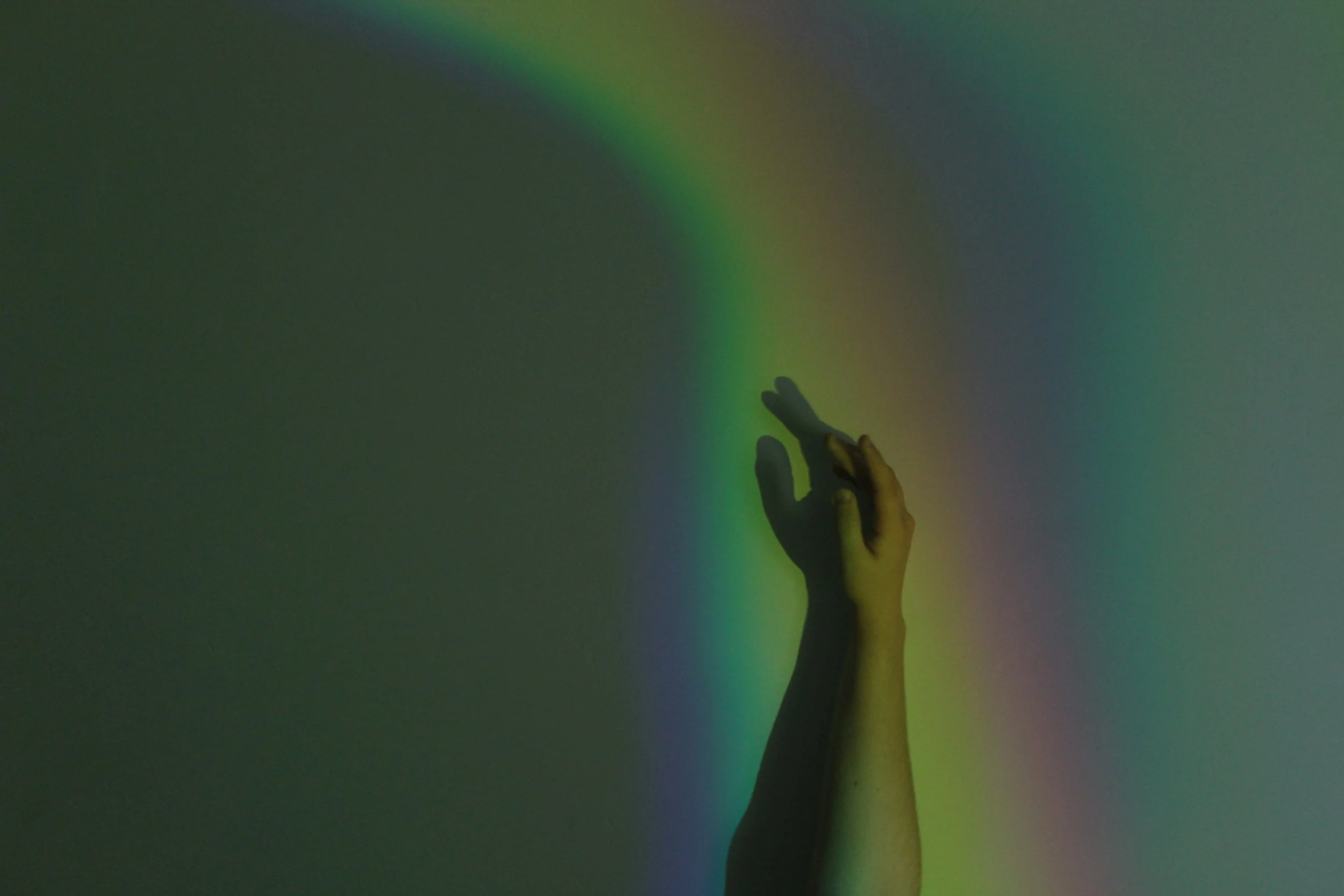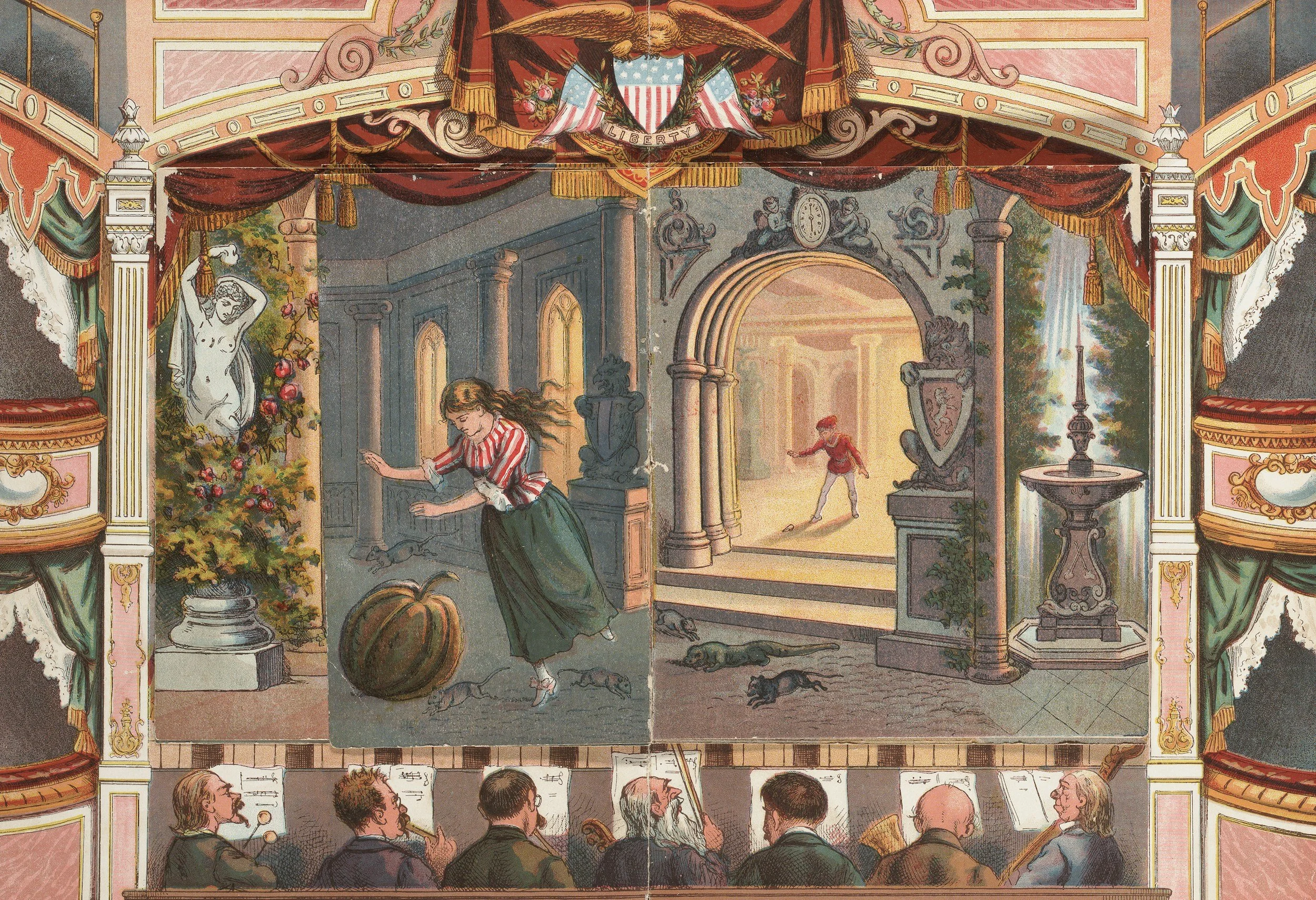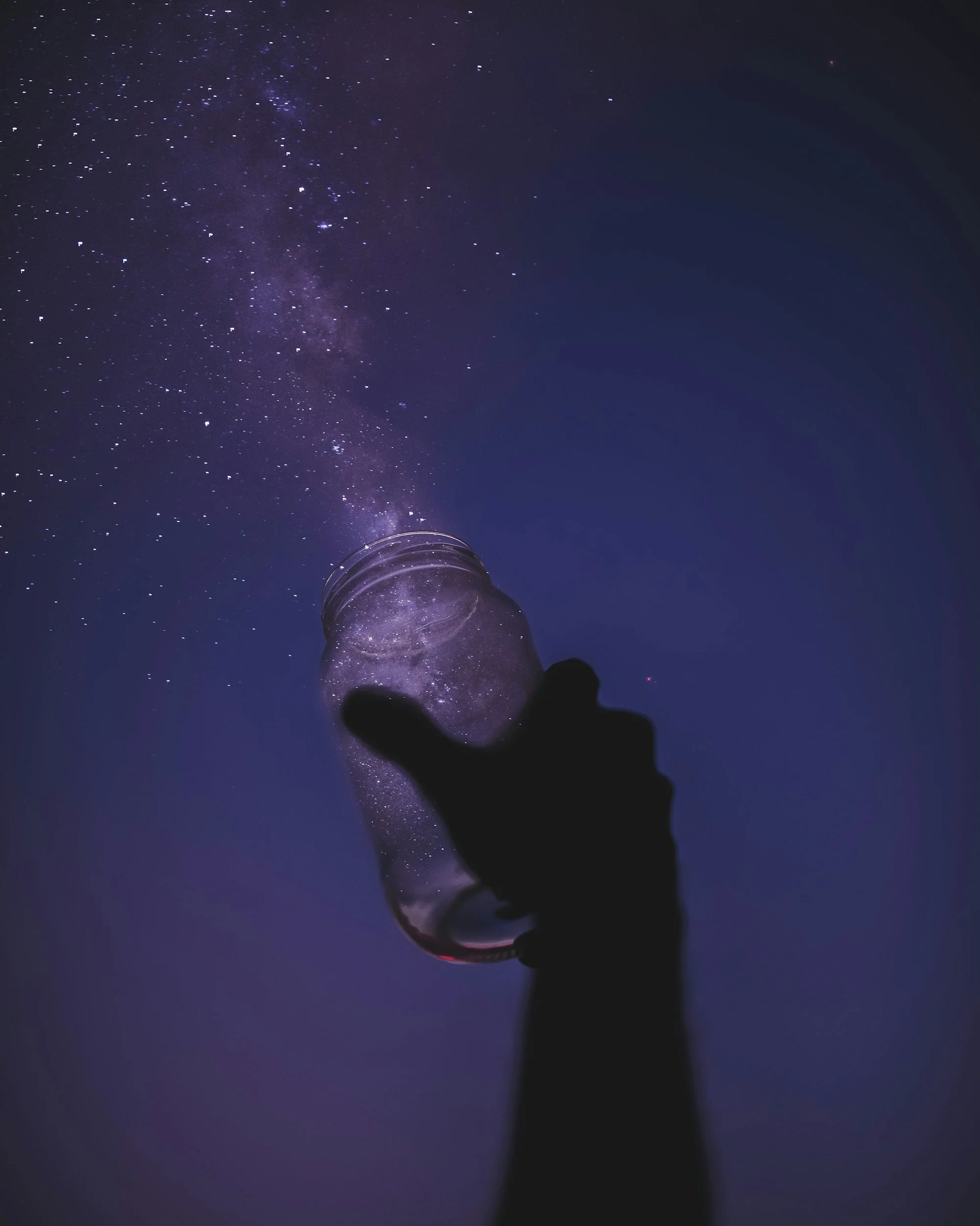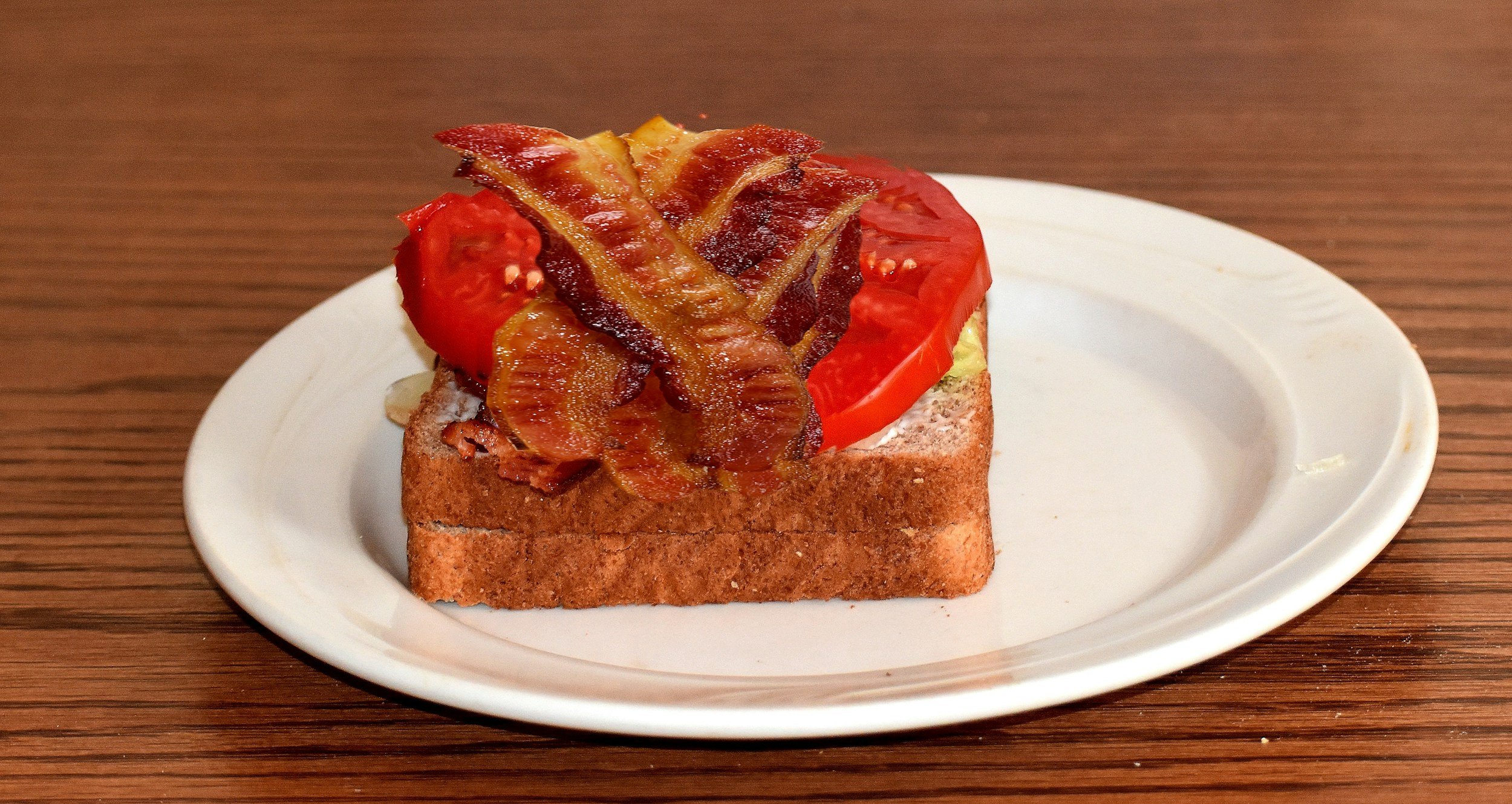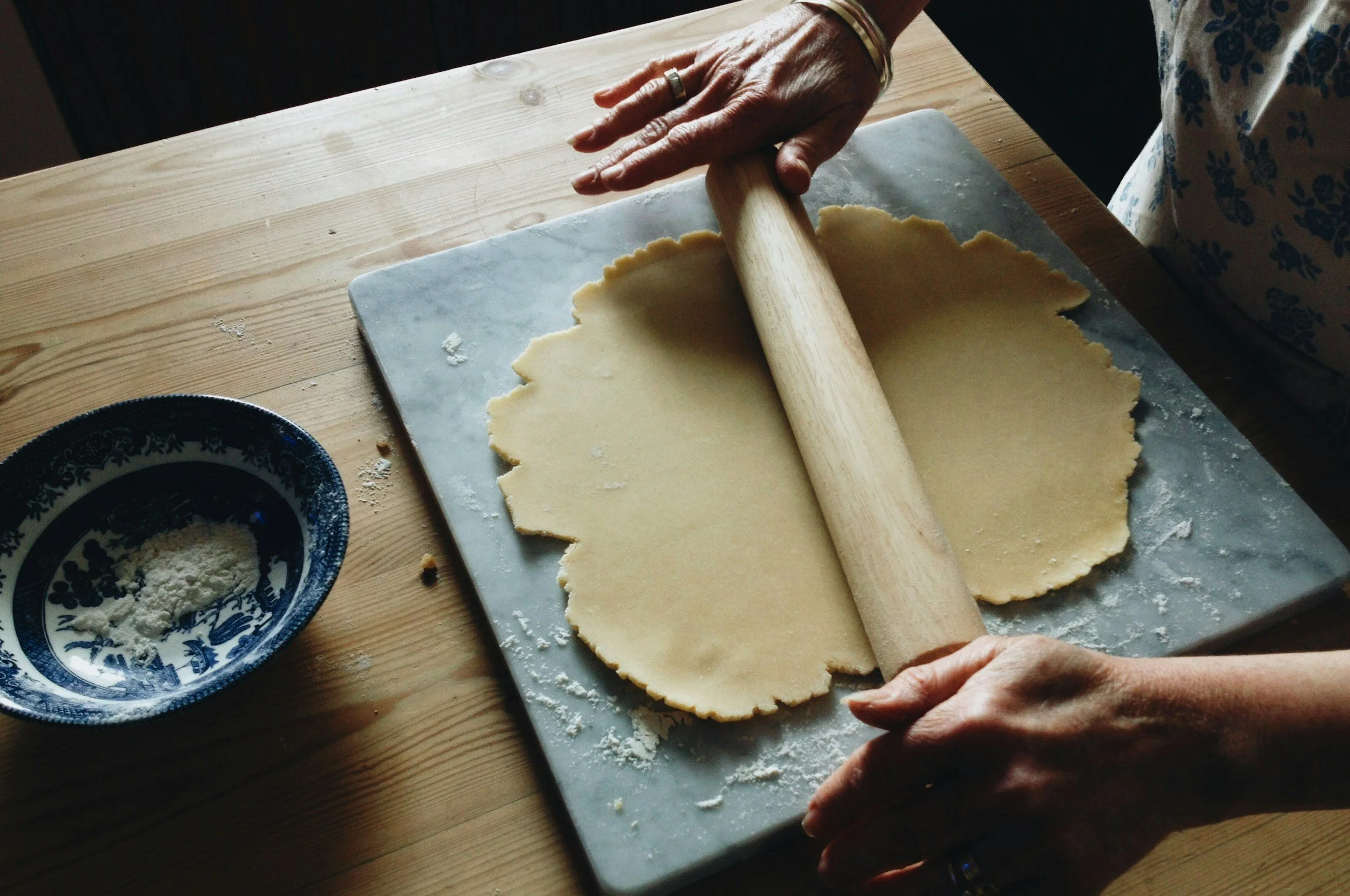The Deep End
The first time I cut my skin intentionally was on my sixteenth birthday. That morning, I’d failed my driving test. I shouldn’t have taken the test that day, both because failing made for a shitty birthday and because I didn’t really know how to drive. I didn’t understand, for example, that you should slow down while turning. I was disappointed and embarrassed, so I dragged my shaving razor across my forearm once or twice.
At the time, I was an elite synchronized swimmer, which meant I spent six days a week, eleven months a year, having each part of my performance held up to the light for a meticulous, sometimes soul-crushing, picking apart. I’d moved to Northern California from the East Coast less than a year earlier to train with one of the best clubs in the country. I was determined to make the Olympic Team. And, if that goal had been a bucket, it was just as full of my parents’ sacrifices as it was mine. They had expectations, and those expectations felt justified to all three of us.
Some of my worst moments in California were when the coach I feared most, Jenny, would make a teammate mimic a particular movement I was struggling with. While I hung onto the pool wall and watched, Jenny would yell at her through the microphone, which connected to an underwater speaker. “No, worse! Do it worse!” she’d shout until my teammates’ legs were flailing uncontrollably, like she'd disturbed a hornet's nest. Afterward, my friend would break the surface and find my eyes, an apologetic grimace on her face. Criticism is a necessary part of becoming an elite athlete but, for me, as the months ticked by, whether my performance was good enough and whether I, as a person, was good enough, began to blur.
At its most severe, I cut nearly every day. Immediately afterward, I felt a welcome numbness. Twenty minutes later, the pulsing pain would arrive, and I’d gingerly care for my wounds, which now served as both a distraction and calming reminder I had suffered for my imperfections and mistakes. An ironic salve.
It's hard to hide a marked body in a swimsuit and all but impossible in a locker room, but most of my teammates were happy enough to believe my explanations, gossamer as they were. A climb over a fence that led to a fall into a bush. They’d pause, doubtful, but move on.
A few of my closest teammates knew the truth. My friend Kimmy once tried to intervene. When she saw my red-lined wrists, the bubbly blond transformed from Elle Woods at the beginning of Legally Blonde to Elle Woods at the end — barging out of the locker room to the pool deck to alert our coaches. If she expected they’d do something with this information — talk to me about it, reach out to my mom, maybe — she was disappointed. Looking back, I understand why: They were in their mid-twenties, barely adults themselves. My coaches weren’t apathetic but out of their depth. At the time, though, their inaction felt like further evidence that my emotional pain didn’t matter. That when I performed to Fiddler on the Roof alongside seven teammates, they weren’t startled to see jagged gashes running down my pointed legs. No one cared, it seemed, which is about the most compelling reason I could think of to continue hurting myself.
I saw a psychiatrist early on. He prescribed medication for my depression — which did provide some help — and offered the comforting words he apparently thought I needed: “You know, you’re very pretty.” At the time, I thought it was strange. Now, I think it’s strange and also fucking creepy. I only saw him a handful of times.
During freshman year of college, I scheduled an appointment with an on-campus counselor. After our initial meeting, in which I explained my struggle with self-injury, he started randomly calling my dorm room.
“How ya doing?” He asked as if we were friends, and it wasn’t 7:30 in the morning.
“Um, fine? Going to class.”
“OK, well, let me know if you need anything.”
I think he worried I’d kill myself but, for me, cutting was something of the opposite: It was how I dealt with being alive. I tried a few more therapists while in college, but they were similarly baffled with what to do with me.
I did manage to stop for a while until senior year, when I said something crass and insensitive to my then boyfriend. He was, rightfully, angry and upset. Later, when he saw my lacerated thigh, he did little to hide his revulsion. “You do that again; I’ll break up with you.” Not the kindest approach, but it worked for the remainder of our relationship. Once I graduated and we broke, however, I began again.
In my mid-twenties, I started seeing a new therapist, Alan. He asked detailed questions about my family history and took copious notes. He discussed mental health goals. Alan was a man with a therapeutic plan. With his help, my depression became well managed. I established healthy boundaries with my family and developed supportive friendships. When I felt the urge to cut, I used the techniques he taught me to redirect my attention, to ride the wave of emotional pain without needing the physical pain to accompany it.
Four years went by, and I was sure I’d kicked the habit. Then I found myself in an open-air bathroom at a Namibian safari camp, of all places, razor in hand. I’d used my meager savings to join a group camping tour. A week into the trip, I’d drunkenly made out with a fellow traveler. In the subsequent days, he’d acted cool and distant toward me, then flirted with another woman on the trip. I was humiliated. The tools I’d typically use to avoid cutting — talking to close friends, removing myself from the situation — weren’t possible, and I had another two weeks to go. So, with African elephants only a handful of yards away, I cut — just below where my bikini bottom hit, where no one would see. Then I got to feel shame for that, too. For caring so much about someone I knew didn’t matter, who didn’t deserve my tears, much less my blood. That was the last time I would cut, I was certain.
And for a couple years, it was. Until I entered the first serious relationship I’d had in some time. We’d been friends for a year, and I was sure I’d found my life partner. “I think I’ve had my last first kiss,” I gushed to a couple girlfriends over brunch, sipping my mimosa in smug triumph.
When I talked with Alan about my new relationship, he didn’t share my enthusiasm. We’d worked together for so long by that point, he didn’t mince words: “There are so many red flags. You’ve worked so hard, and this guy’s a mess. Please be careful.”
So, I broke up with him. Alan, that is. And, not long after, my boyfriend broke up with
me. I cut my way to the other side of that disappointment.
Shortly thereafter, I took an eight-week self-compassion class through the local meditation center. I expected to learn how not to experience the negative feelings that self-injury helped me escape. To my disappointment, I learned those feelings wouldn’t go away. Instead, I needed to soften around them, recognize the common humanity of those feelings, and accept that imperfections are not a problem. Not the cure-all I was hoping for, but some of the lessons resonated. The biggest impact came from getting to know my classmates; we were all struggling to accept our perceived deficiencies, albeit in different ways.
I also got a new therapist, someone with a fresh perspective. A year after working with her, I met someone new. He bought expensive towels when I started spending the night and would send unprompted texts, like “You’re a remarkable woman,” that had me grinning to myself on the way to work. Not only did my new boyfriend accept my shortcomings, he didn’t see them as shortcomings to begin with. Rather, they were pieces of the person he wholly loved. Less than two years later, we were married.
I haven’t cut in seven years. I can’t say for certain I won’t do it again, but the urge rarely comes anymore and, when it does, it no longer takes much willpower to resist. I can’t point to one moment when this shift happened. Maybe it was all the therapy. Maybe it was the self-compassion class. Maybe it was surrounding myself with good people, my husband at the top of the list. Maybe it was just that hating myself became too exhausting.
When I think back to that young girl, then woman, who struggled all those years, I feel pride, not pity. My mom took me to that first therapy appointment, but I was the one who asked her to. When I started seeing Alan, I showed up to his office at 7 a.m. every Wednesday for five years, determined to heal. I walked slowly and silently around a room in that self-compassion class looking people in the eyes and hugging them, because that’s what the teacher told me to do. And when I was 17, I quit swimming, even though no one else supported that decision, because I knew the sport was destroying me from the inside out, and that if no one was going to save me, I’d do it myself.
-Marsea Nelson
Marsea Nelson’s writing has appeared in HuffPost, MacGuffin Magazine, and elsewhere. She is currently at work on her first novel, inspired by the year she spent in Perth, Australia, coaching synchronized swimming. She lives in Falls Church, VA.

